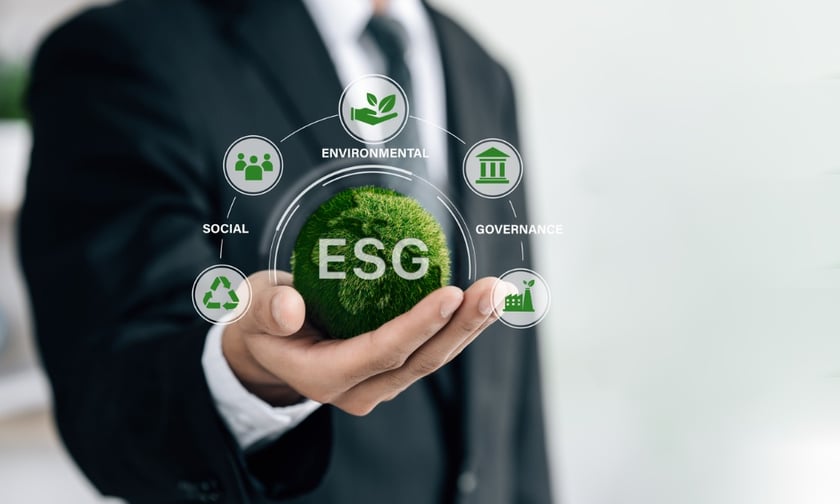Stakeholders push to combine local weather and sustainability into core duties

Elevated pressures from staff, traders, regulators, and society are main boards of administrators to boost their involvement in stewardship and environmental, social, and governance (ESG) actions, in line with insights from WTW‘s Kenneth Kuk, senior director, work and rewards.
In keeping with Kuk, board administrators now view local weather change as a vital enterprise threat that requires administration and oversight, making it an integral a part of their duties. WTW’s 2024 International Administrators and Officers Survey revealed that 55% of board members globally see local weather change as an “extraordinarily essential” or “crucial” threat, up from 42% within the earlier yr.
Local weather governance, Kuk stated, needs to be included into the board’s total obligations to make sure regulatory compliance, organisational efficiency, and long-term resilience.
As a part of their governance duties, boards are being inspired to combine local weather oversight into current committee capabilities, comparable to audit, compensation, and nominations, whereas some corporations have launched devoted sustainability or ESG committees.
These constructions assist be sure that local weather and sustainability dangers are included into core enterprise choices, Kuk stated, including that formalising local weather accountability by means of revisions to committee charters and board reporting processes is changing into important.
One problem for boards is making certain that they’ve the required abilities to handle the strategic and operational implications of local weather threat. Final yr, WTW and NASDAQ performed a worldwide survey that discovered 48% of respondents believed their boards lacked the experience to supervise local weather dangers and alternatives.
Nonetheless, Kuk highlighted that local weather is the fastest-growing space of talent improvement for boards, reflecting the necessity for enhanced coaching and experience to manipulate this evolving space successfully.
Boards are additionally more and more tying local weather efficiency to government incentives. A current WTW webinar, co-hosted with the Local weather Governance Initiative’s International Monetary Sector Hub, explored the usage of ESG metrics in incentive plans.
Kuk famous that whereas there may be rising scrutiny across the alignment of ESG metrics with long-term sustainability commitments, it will be significant for corporations to make sure these metrics are measurable, clear, and strategically aligned with their total enterprise aims.
Along with local weather and sustainability, human capital governance is rising as a key focus for boards. Kuk identified that over 90% of S&P 100 corporations have broadened their compensation committees’ remits to incorporate human capital governance, a development additionally seen throughout Europe.
Sturdy human capital governance requires clear, contextualised metrics that align with the corporate’s threat profile and development ambitions, Kuk stated.
The position of boards in ESG and local weather governance is predicted to develop as stakeholders proceed to push for stronger oversight. Kuk emphasised that boards should undertake a long-term strategic mindset, quite than a compliance-driven method, to make sure the profitable integration of sustainability into enterprise technique and resilience.
By addressing advanced dangers comparable to local weather change and human capital, boards can future-proof their organisations and protect long-term worth.
As boards adapt to those challenges, Kuk suggested that governance evaluations – overlaying local weather, sustainability, and human capital – will turn out to be extra frequent. These evaluations, he stated, assist boards embed local weather and sustainability concerns into company tradition, governance processes, and incentive constructions, positioning companies to satisfy the rising expectations of stakeholders and regulators.
What are your ideas on this story? Please be happy to share your feedback under.
Sustain with the most recent information and occasions
Be a part of our mailing listing, it’s free!

